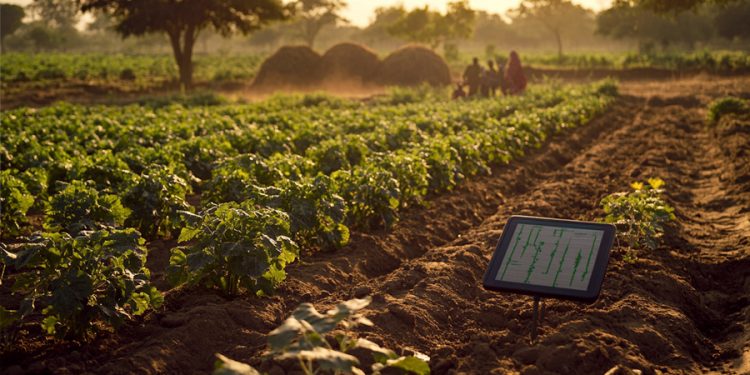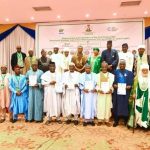The Federal Government, in partnership with 19 northern states and the Federal Capital Territory, is set to validate the first phase of its Strategic Catchment Management Plans under the $700 million Agroclimatic Resilience in Semi-Arid Landscape (ACReSAL) project. The initiative, funded by the World Bank, aims to enhance climate resilience and sustainable development in northern Nigeria.
The endorsement will be finalized on Wednesday during a stakeholders’ session in Abuja, following extensive consultations across the regions.
Speaking on the project’s importance, ACReSAL’s National Project Coordinator, Abdulhamid Umar, explained that the plans are tailored to the natural resources and specific needs of each catchment area. “This strategic approach avoids uncoordinated development efforts and ensures investments are meaningful and sustainable,” he said.
The initial focus is on the Hadeja Jama’are catchment area, covering Jigawa and Bauchi states. Umar emphasized that the plans are scientifically designed to align with natural hydrological flows, transcending political boundaries and reducing inter-state conflicts.
Permanent Secretary of the Federal Ministry of Environment, Mahmud Kambari, commended the initiative as a landmark effort. “This is the first time Nigeria is developing catchment management plans covering such a vast area. The framework validated today sets the stage for similar plans in other regions,” Kambari noted.
The ACReSAL initiatives, incorporates community engagement to address local priorities such as access to water for drinking and agriculture, flood risk mitigation, and livelihood improvements.
According to Kambari, the project aims to directly benefit 3.4 million Nigerians, with nearly half being women. “These are not just numbers; they represent lives transformed through sustainable development,” he said.
Permanent Secretary of the Federal Ministry of Agriculture and Food Security, Temitope Fashedemi, highlighted the critical role of the project in addressing climate risks and boosting agricultural productivity. He noted that climate disasters like flooding and deforestation have significantly affected farming in northern Nigeria. “This workshop represents a significant step toward enhancing resilience in semi-arid regions,” Fashedemi stated.
The six-year ACReSAL project, which runs from 2022 to 2028, is expected to foster resilience, mitigate climate impacts, and drive socio-economic growth across Nigeria’s semi-arid regions. The validation process will culminate in a formal presentation to government officials and traditional leaders, cementing the plans as a foundation for meaningful, long-term development.
“This is not just a plan—it’s a comprehensive framework for sustainable growth in Nigeria’s vulnerable regions,” Umar said, reaffirming the initiative’s commitment to addressing climate challenges while empowering communities.










